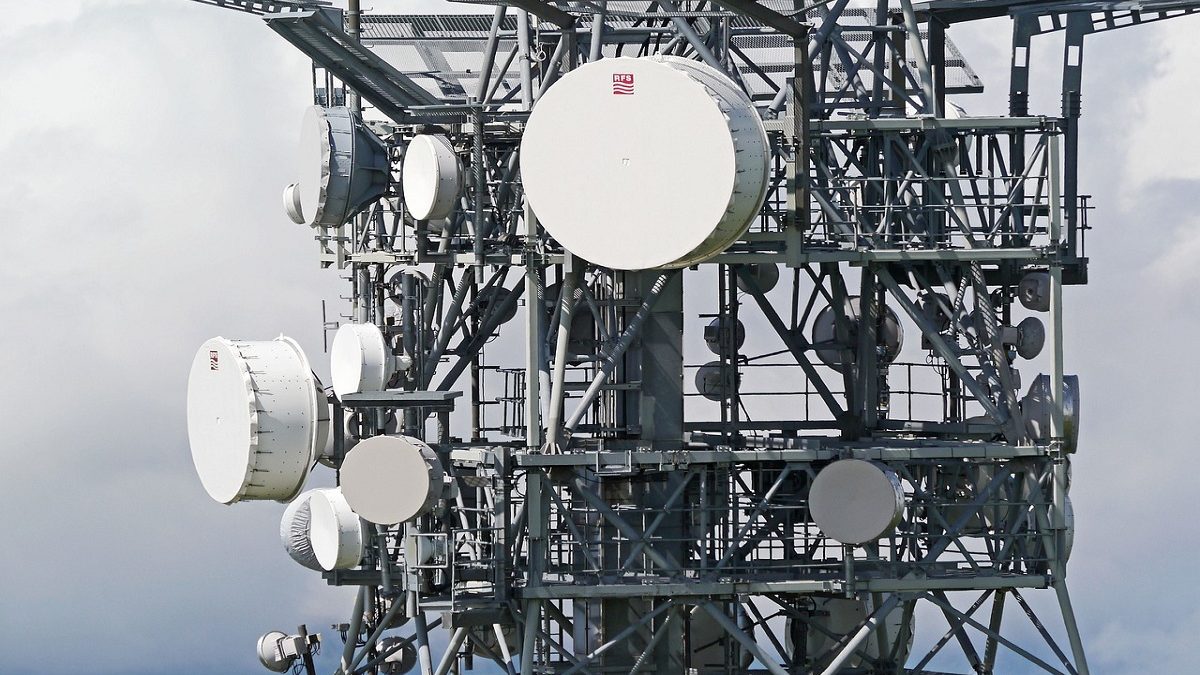Table of Contents
Telecommunication Definition
The concept of telecommunication encloses all forms of remote communication. The word includes the Greek prefix tele, which means “distance” or “far.”
Therefore, telecom is a technique that involves the transmission of a message from one point to another. Usually this happens with the additional feature of being bidirectional. Telephony, radio, television, and data transmission through computers are part of the telecommunications sector.
Telecommunications includes many technologies such as radio, television, telephone, and mobile telephony. And also data communications, computer networks, the Internet, radio navigation, or GPS or telemetry.
Much of these technologies, which were born to meet military or scientific needs, have converged in others focused on non-specialized consumption called information and communication technologies. Nowadays technology has great importance in the daily lives of people, companies or institutions State and political.
The current trend is the communion of telecommunication with other disciplines such as computer science, electronics, and telematics. Which are, to design and offer these products and services, complex and multidisciplinary enough. It is sure, that the border between the contribution of these disciplines are not perceived by people.
Telecommunication Uses
The term telecommunications is already part of our daily vocabulary. We listen to it on television, read the news on the subject in the newspapers. And also listen to report about the sector almost every day. We have the feeling that it is something new that has come with the Internet and it is, although its origin is a bit older.
The word telecommunications is composed of two words that will help us find its meaning: technology and communications. Therefore, we define telecommunication as all types of transmission, emission, or reception of signals, whether written, images, sounds (conversation) through a wire, radio electricity, optical media, or electromagnetic systems (technology).
Compared to other disciplines, telecommunication has a more or less recent history. Today it is a term that is in full swing, but its history dates back to the 19th century.
Also Read: vpn definition
Uses Of Telecommunication In Modern Era
In general, the modern age of communication coincides with the invention of the printing press. This hypothesis is legitimate with two reservations: first of all, we must not forget that the technique of multiple reproductions, of images and writings previously recorded in stone or wood, first arose about 25 centuries ago.
Secondly, this invention served to encourage more, in an initial phase, the multiplication of knowledge and ideas (through books), than the development of information from the masses, which only appeared late.
In civilizations such as those in Egypt, China, India, and the Latin Greco world, the book was an invaluable repository of thought and knowledge.
The printing technique made its appearance in China in the ninth century and then developed in Europe in the fifteenth century. In the seventeenth century, after the books, came the pamphlets and, later, the newspapers.
Some of the first newspapers collected and disseminated information on trade, available raw materials, the movement of banks, and other similar issues, providing a service needed by the nascent capitalist system.
Modern cities are constituted in free spaces to approach the different forms of construction of public opinion. They bring together preachers, writers, and readers of very varied professional socio-condition. And which flood the streets, squares, markets, and theatres of the XVI-XVII centuries with words.
Other mediums such as, journal, manual, and pamphlets which circulate from hand to hand and also transmitted lively. They become, together with scientific books, sermons or literary works, agents that create states of opinion.
Conclusion
Telecommunications have advanced a lot, by making our lives much simpler every day with their technological advances. These advances are an achievement for all humanity and they perform such as the first satellites in space.
But, in addition to all these benefits and complacency provided by telecommunications we live in a time in which telecommunications are essential for us. Since we have become very dependent on them, and this can become a massive disadvantage. And the day we do not have them we will be very vulnerable.
Also Read: GPS definition

